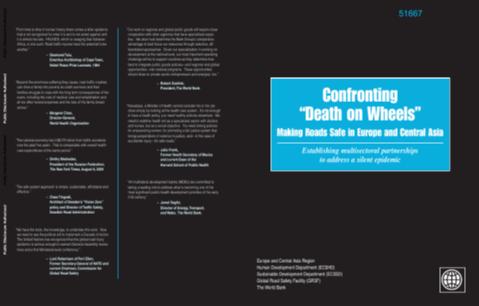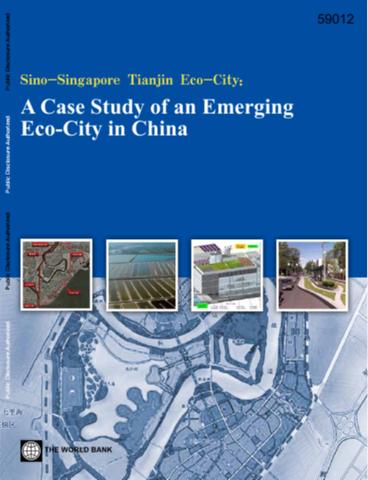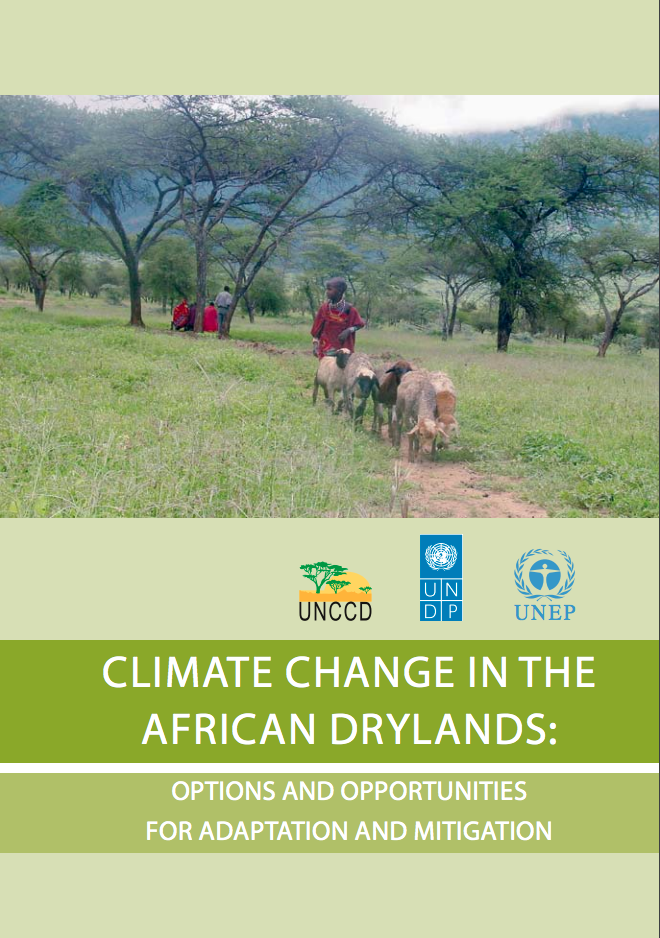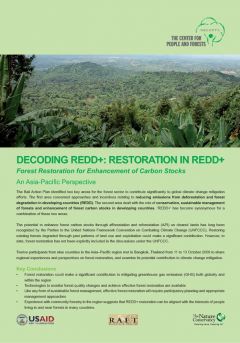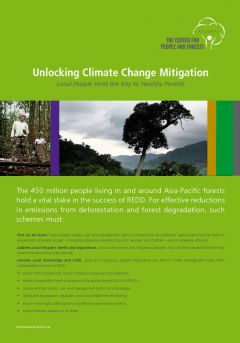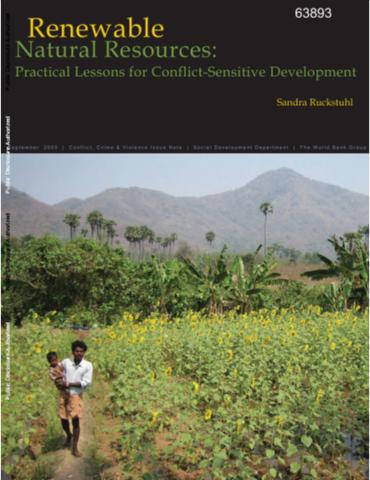Benefits of Sustainable Land Management
Desertification, land degradation and drought affect more than 2 billion people and the situation might worsen due to the unsustainable use of soil and water under present scenarios of climate change. The UNCCD 10-year strategy points out the importance of science, knowledge sharing systems and awareness raising to support policymakers in reversing this trend. Sustainable land management practices, including sustainable agriculture, provide important local, regional and global benefits.


